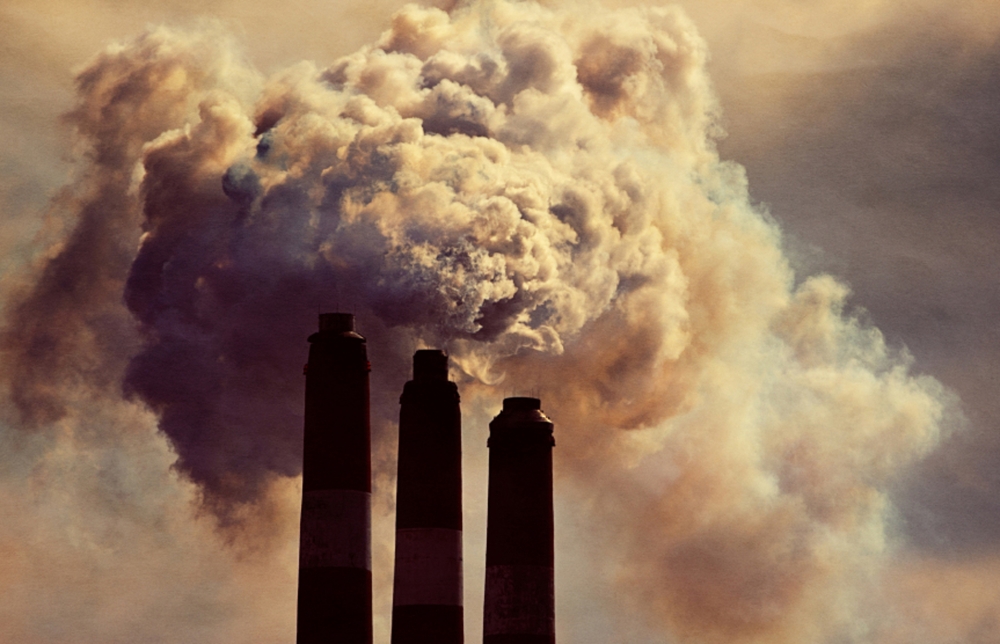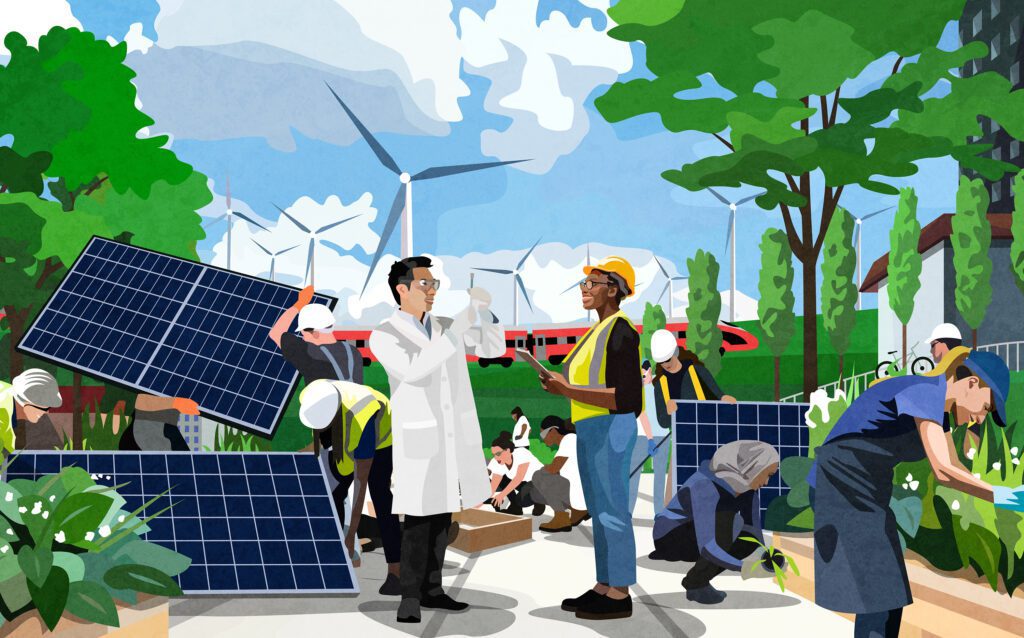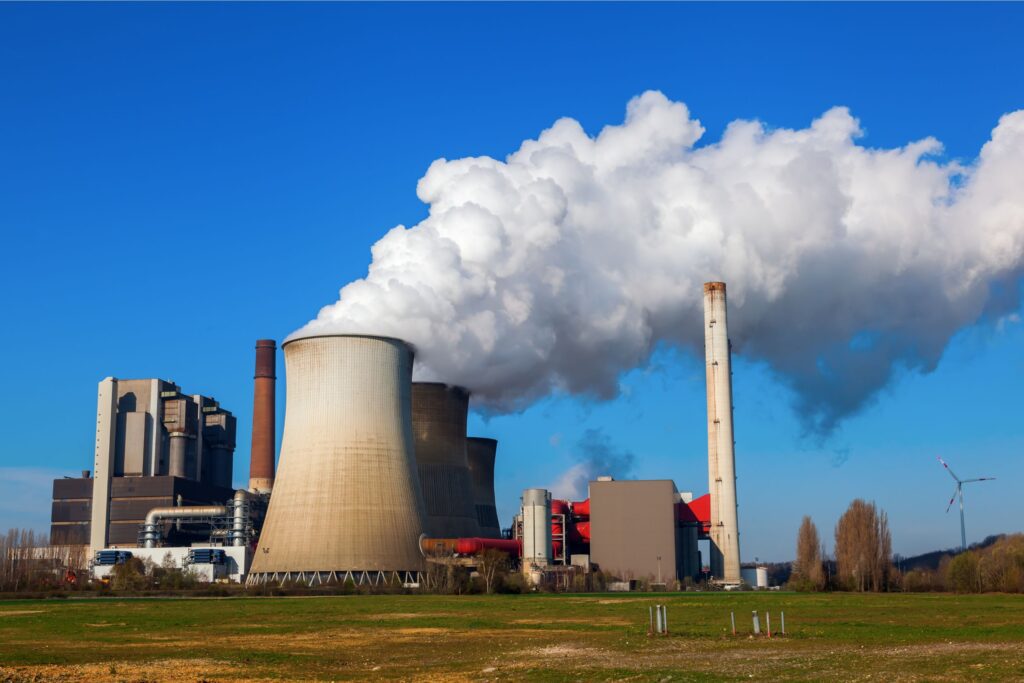There’s a lot of hope for the U.N. climate change summit starting next week. And Canada can play an important role in helping to ensure the Paris summit’s success.
The goal of the Paris summit, officially called the 21st Conference of the Parties (COP21), is for a global agreement on climate action to be finalized. The world has let so much time pass without taking strong action on climate change that many are hoping the Paris agreement will be the one that finally ensures that climate change does not reach truly dangerous levels.
Expectations are high for the Canadian government. Prime Minister Trudeau has signalled that he wants his government to play a constructive role, and contribute to a strong outcome in Paris. Our new report, Canada’s Role at COP21, shows there are several ways that the Prime Minister can lend momentum to the climate summit, where a strong, progressive, Canadian voice can propel the talks forward.
First, the federal government must signal in very clear ways that this is not just a new government but one that takes climate change seriously. The previous government’s pledge for the Paris summit was the weakest in the G7 and assessed as inadequate by two separate analyses—one by four European think tanks and one by civil society groups. The new Canadian government needs to communicate in concrete terms that it will do much more.
There will be a lot of pressure on the federal government to put a carbon reduction target on the table in Paris. This may be difficult given that the government took office just last month, and that the Prime Minister met with provincial premiers just this week. But the climate change announcement of the Alberta government removes what had been one of the biggest barriers to climate action in Canada. A signal from Canada that our current pledge will be strengthened can give forward momentum to the Paris talks.
Second, the Canadian government needs to commit international climate financing to assist poor developing countries who are facing the ravages of climate change. In Copenhagen in 2009, industrialized countries committed to mobilizing $100 billion per year in climate financing by 2020, an amount that is below the cost of the impacts already being faced by developing countries.
Early at the summit, the Canadian government should announce its fair share of the climate financing package, which would be 4 per cent of the $100 billion per year that industrialized countries promised to mobilize by 2020 as part of the Copenhagen Accord. This could be a combination of public financing and support for innovative forms of financing, such as a tax on bunker fuels used in international aviation and shipping. This is something that the Canadian government can do on its own, without buy-in or agreement from the provinces.
Then there are elements that are being discussed in the international climate talks that the Canadian government can support to improve the final agreement. One is a way for global carbon reduction commitments to be strengthened in the near future. Many hope that the Paris summit will deliver everything that is needed to avoid dangerous climate change, but the gap between what has been pledged and what is needed is wide enough that it is unlikely to be bridged at COP21.
As a result, there is a need for a ratcheting-up mechanism to increase ambition and make sure the Paris agreement does not lock in a long period of low ambition. That’s why commitments in the Paris agreement will need to be reviewed, both individually and collectively, on a regular basis. And the first review needs to happen before 2020. By supporting this, Canada would ensure that the global community increased commitments and action until emission reductions were sufficient to avoid dangerous levels of climate change.
Another important element expected in the Paris agreement is a long-term goal the global community will take on. Various options are on the table including a commitment to decarbonize the global economy by 2050. This would mean replacing all existing fossil fuels with 100 per cent renewable energy and sustainable energy access for all. This would go after the root of the problem of climate change — the burning of fossil fuels.
This goal is technologically possible and it appears to be politically possible. Many countries are supporting this goal in the U.N. negotiations. G7 countries almost agreed to it at their most recent meeting in Germany in June, but the former Canadian government played a spoiler role. In this and other ways, the current government can reverse course and support a strong Paris outcome that reflects the science of climate change.
At COP21 in Paris, it won’t be enough for Canada to be a different government. It has to be a different kind of government, one that embraces the important role it can play in the fight against climate change.







